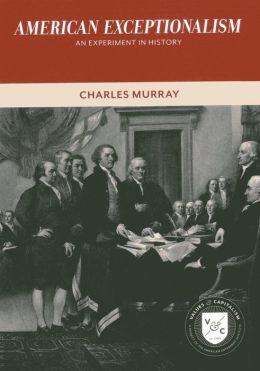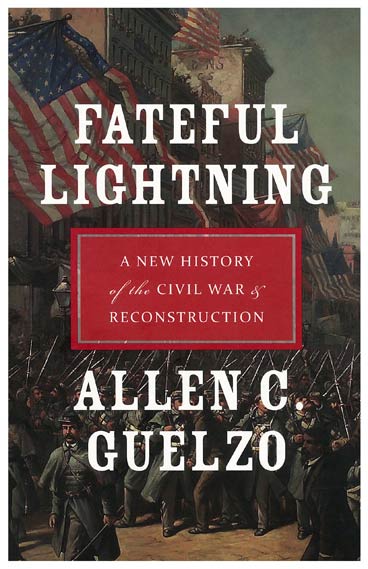
Dr. Karen Swallow Prior is the author of Booked: Literature in the Soul of Me. She teaches at Liberty University and is a regular contributor to Christianity Today’s Her.meneutics.
Moore Engaging: Thanks so much for doing this interview Karen. Your book was one of my favorite reads of the year.
Prior: Thank you!
Moore Engaging: Why did you pick the title, Booked: Literature in the Soul of Me?
Prior: Actually, the publisher picked the title, and we worked on the subtitle together. My working title had been How Literature Helped Save My Soul, which is rather clunky but communicates the theme of the book. The phrase “literature in the soul of me” captured that same idea in a much more poetic and evocative way. After considering many, many possible titles, I knew this was the one as soon as my publisher suggested it.
Moore Engaging: You dedicate the book to Mrs. Lovejoy. Who is she?
Prior: Mrs. Lovejoy was my Junior High English teacher. I write about her in the chapter onGreat Expectations, how much I loved and admired her, and how much she encouraged me as a young student, avid reader, and young writer. I hope everyone has at least one teacher who influences their life greatly. Mrs. Lovejoy did that for me.
Moore Engaging: In the very beginning you talk affectionately about a certain library. In that section, I put this marginal note: Beauty and safe places are powerful places. How do these kinds of places aid the reading process?
Prior: Reading—by which I mean deep, sustained reading that captures the imagination—requires something we seem to have less and less these days: quietness for both the ears and the eyes. Libraries, like the one of my youth described in Booked, are such places. Libraries can inspire us to cultivate such spaces in our own homes and environments. Reading is such an archaic-seeming activity in these times. Like beauty and safety, reading reconnects us to our essential humanity.
Moore Engaging: What can literature teach that systematic theologies can’t?
Prior: Humans are logical, rational creatures. Systematic theologies allow us to seek and find truth through our intellect. Logic and facts constitute one kind of approach to knowledge. But humans are also imaginative, interpretive creatures. We are driven to create and find meaning through not only the intellect but also through our senses, our emotions, and our imaginations. Literature allows us to find meaning in ways that replicate the way we create meaning through our interactions and activities in real life.
Moore Engaging: One of your friends said, “Because you read so much, you are a better interpreter of life.” Unpack a bit what she meant.
Prior: By this I’m getting at this interpretive activity I’m talking about above. In everyday life, we have to “read” people and situations (in other words, interpret). This activity is the same kind of interpreting one does when reading literature. Neither real life nor good literature “tell” you their meaning. The interpretive skills used in reading can help in interpreting real life, too.
Moore Engaging: If you could wave a wand and make every American Christian read five books of literature, what would they be?
1. Great Expectations by Charles Dickens
2. The Divine Comedy by Dante Alighieri
3. Gilead by Marilynne Robinson
4. 1984 by George Orwell
5. Fahrenheit 451 by Ray Bradbury
Moore Engaging: Even some non-Christians say there are certain works of literature that it may be wise to not read. The writings of Marquis de Sade are an extreme example while the writings of D.H. Lawrence are less clear. What are your rules of thumb for your own reading and in recommending books to others?
Prior: Philippians 4:8 is the best guideline here: “whatever is true, whatever is noble, whatever is right, whatever is pure, whatever is lovely, whatever is admirable–if anything is excellent or praiseworthy–think about such things.” Interpreted correctly, this verse does not rule out dark or disturbing works (these are often the most truthful), but it does require that we seek trustworthy critical opinion to learn which works are praiseworthy and admirable—as well as to discern what is fitting for certain readers. The doctrine of common grace, along with the principle that “All truth is God’s truth,” ensures that we can turn to writers and critics outside of Christianity to find out what is “praiseworthy” and truthful. Then we must follow the dictates of the Holy Spirit’s working in our lives, for what is edifying for me might not be edifying to the next reader.
Moore Engaging: Some have said that we not only read books, but the great books also read us. I believe Lewis said that “we read to see we are not alone.” Would you tell us a book you read (or reread!) recently which spoke powerfully to you?
Prior: The book I read most recently that moved me more than any book in a long time isTenth of December a collection of short stories by George Saunders. It is not a book for everyone (see above), but it embodies many of the characteristics of this postmodern age in a compelling and corrective fashion.
Moore Engaging: Since I want people to buy your very fine work, I will say that there are several chapters, to coin an overused phrase, are “worth the price of the book.” Each chapter offers a fresh angle on the challenges and hopes of living in a broken world. If I was doing pre-marital or marital counseling like I used to, I would make your chapter on Madame Bovary required reading.
Prior: You have homed in on the essence of this book: Madame Bovary was the single book that changed my life more than any other and the way it affected my life is what inspired Booked.
Moore Engaging: At the end of your book, you say, “God is nothing if not a poet.” Would you describe what you mean by that?
Prior: Poetry is the art of making connections. It uses language to do that, but essentially that is all poetry is. God exists as a triune connection of three persons who created us in his image so as to connect with us. Once that connection was ruptured, he sent Christ to repair our relationship with him. Poets use words to connect; God uses the Word.









